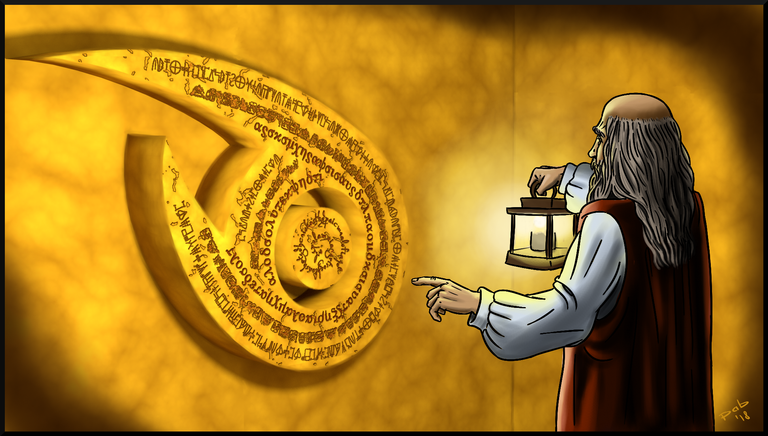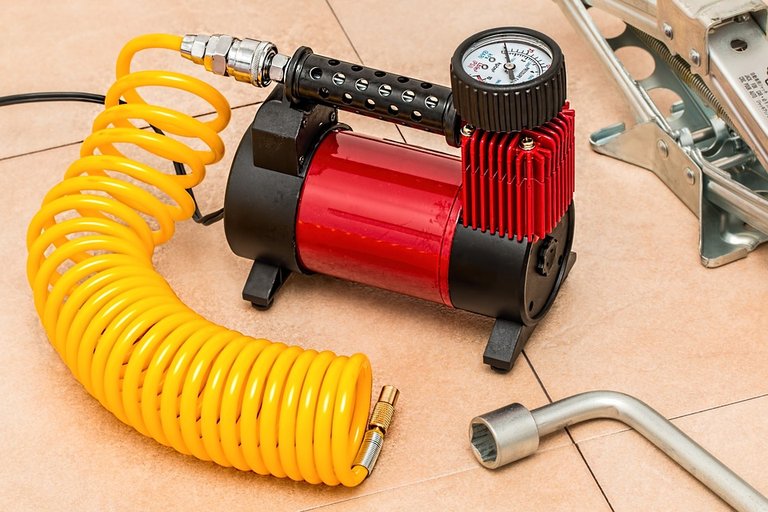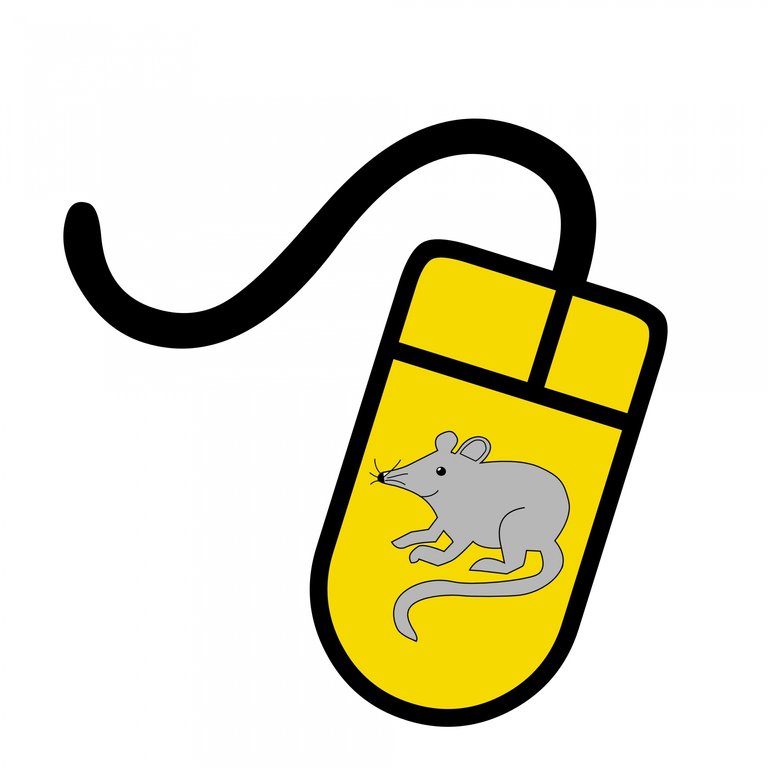

Links
Project Details
Node.js is not a programming language but could be considered as a JavaScript programming framework, although in reality, the definition of a framework is not entirely appropriate, as Node.js could be confused with an environment to create a particular type of applications. To be precise, Node.js is a framework/platform for running JavaScript applications
We therefore say that the most appropriate definition would be that of "platform for the execution of JavaScript applications", as we find written on the home page of the official website; in practice, it is a JavaScript run-time, therefore a motor for the execution of JavaScript code.

Introduction
I'm glad that on Node.js I have the chance to start a file from scratch and working to complete its translation: in my previous project instead, there were many files partially translated by other users that had just some scatter word or sentence to render and this sometimes need more time and makes your work unpleasant and confused.
As I have already explained, the whole Italian team is working on Node.js and we are processing all the first folder (API) files, following the descending order as much as possible, to give a better translation.
Contribution Specifications
This is my 19th contribution to Node.js translation from English to Italian.
I processed the whole zlib.md file, which is the last one in the API folder.
I translated 1690 words in this session, of which I can count more than 1400 clean words after subtracting untranslatable and duplicate words.
This part is focused on the compression/decompression functions and their related options.
I debated with my colleagues from the Italian team regarding some technical expressions. In facts, in our language, several terms are kept in English, unlike in other idioms as Spanish or French.
For example, we never translate words like computer, mouse, server, host, ecc.
In this case, we decided to maintain Inflate and Deflate in their original version.

Translation Overview
1. Compressing HTTP requests and responses
The zlib module can be used to implement support for the gzip and deflate content-encoding mechanisms defined by HTTP.
The HTTP [Accept-Encoding][] header is used within an http request to identify the compression encodings accepted by the client. The [Content-Encoding][] header is used to identify the compression encodings actually applied to a message.
2. Constants
Previously, the constants were available directly from require('zlib'), for instance zlib.Z_NO_FLUSH. Accessing the constants directly from the module is currently still possible but is deprecated.All of the constants defined in zlib.h are also defined on require('zlib').constants. In the normal course of operations, it will not be necessary to use these constants. They are documented so that their presence is not surprising. This section is taken almost directly from the zlib documentation. See https://zlib.net/manual.html#Constants for more details.
3. zlib.createDeflateRaw([options])
Creates and returns a new [DeflateRaw][] object with the given [options][].
An upgrade of zlib from 1.2.8 to 1.2.11 changed behavior when windowBits is set to 8 for raw deflate streams. zlib would automatically set windowBits to 9 if was initially set to 8. Newer versions of zlib will throw an exception, so Node.js restored the original behavior of upgrading a value of 8 to 9, since passing windowBits = 9 to zlib actually results in a compressed stream that effectively uses an 8-bit window only.
Languages

SOURCE LANGUAGE: English
TARGET LANGUAGE: Italian
To check my previous experiences as a translator you can consult my activities on Verdaccio and Joomla projects, selecting my name in the drop-down menu.
You can also view my application for Davinci.
Word count
Words Translated: 1690 (+1400 clean words)
Proof of Authorship
You can look up Crowdin project on the following link, as well as the summary of my activities.

Credits
I'd like to thank @davinci.witness and @utopian-io for this wonderful project I have the pleasure to work in and another big thank to the Italian team, especially to the LM @imcesca and our Node.js expert @robertbira.

VOTE FOR DAVINCI.WITNESS & FOLLOW DAVINCI WITNESS TRAIL

(Image by @pab.ink)
The first image is public domain - Source Wikicommon


Hi @akireuna!
Congratulations and thank you for another great contribution.
Most of your translated sentences were accurate, but I found some mistakes in the most difficult once.
Your contribution has been evaluated according to Utopian policies and guidelines, as well as a predefined set of questions pertaining to the category.
To view those questions and the relevant answers related to your post, click here.
Chat with us on Discord
Magic Dice has rewarded your post with a 41% upvote. Thanks for playing Magic Dice.
Thank you for your review, @filippocrypto! Keep up the good work!
Hi @akireuna!
Feel free to join our @steem-ua Discord serverYour post was upvoted by @steem-ua, new Steem dApp, using UserAuthority for algorithmic post curation! Your post is eligible for our upvote, thanks to our collaboration with @utopian-io!
Congratulations @akireuna! You have completed the following achievement on the Steem blockchain and have been rewarded with new badge(s) :
You can view your badges on your Steem Board and compare to others on the Steem Ranking
If you no longer want to receive notifications, reply to this comment with the word
STOPVote for @Steemitboard as a witness to get one more award and increased upvotes!
Hey, @akireuna!
Thanks for contributing on Utopian.
We’re already looking forward to your next contribution!
Get higher incentives and support Utopian.io!
SteemPlus or Steeditor). Simply set @utopian.pay as a 5% (or higher) payout beneficiary on your contribution post (via
Want to chat? Join us on Discord https://discord.gg/h52nFrV.
Vote for Utopian Witness!